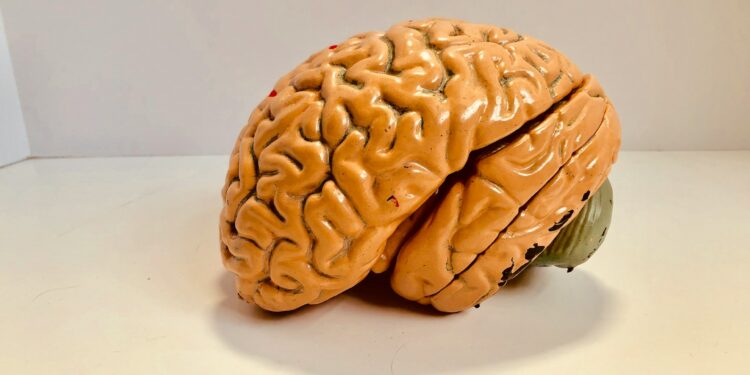The brain is so complex.
At 60, most people don’t possess the same mental acuity they had at 20. However, recent research suggests that the brain can adapt subtly with age to compensate for this decline.
A team of British researchers has uncovered further evidence that as individuals age, their brains may enlist assistance from specific regions to offset deficits elsewhere. Lead author Dr. Ethan Knights emphasizes that while this compensation phenomenon isn’t universal, understanding why it occurs for some and not others could provide valuable insights.
Published in the journal eLife, the study aimed to explore how the brain copes with aging. Dr. Kamen Tsvetanov, the senior author, highlights the decline in fluid intelligence, which is the ability to solve abstract problems, as a key aspect of aging. Some individuals, however, manage to maintain this ability better than others, prompting the investigation into whether they recruit other brain areas to compensate for age-related changes.
Previous studies have identified the brain’s ‘multiple demand network’ (MDN) as crucial for fluid intelligence. However, MDN activity diminishes with age. To investigate compensation, the researchers conducted brain imaging on 223 adults aged 19 to 87 while they engaged in puzzles of varying complexity.
The findings revealed that older participants exhibited increased activity in two specific brain areas: the cuneus at the back of the brain and an area of the frontal cortex. Interestingly, heightened activity in the cuneus was associated with better puzzle-solving performance among older individuals.
The researchers speculate that the cuneus, known for visual focus, may aid older adults in managing puzzle pieces despite age-related declines in visual memory. Overall, the study suggests that compensation in later life may involve areas of the brain whose function remains intact with aging, rather than solely relying on the MDN as previously assumed. This insight could inform future interventions to support cognitive function in older adults.

































Discussion about this post